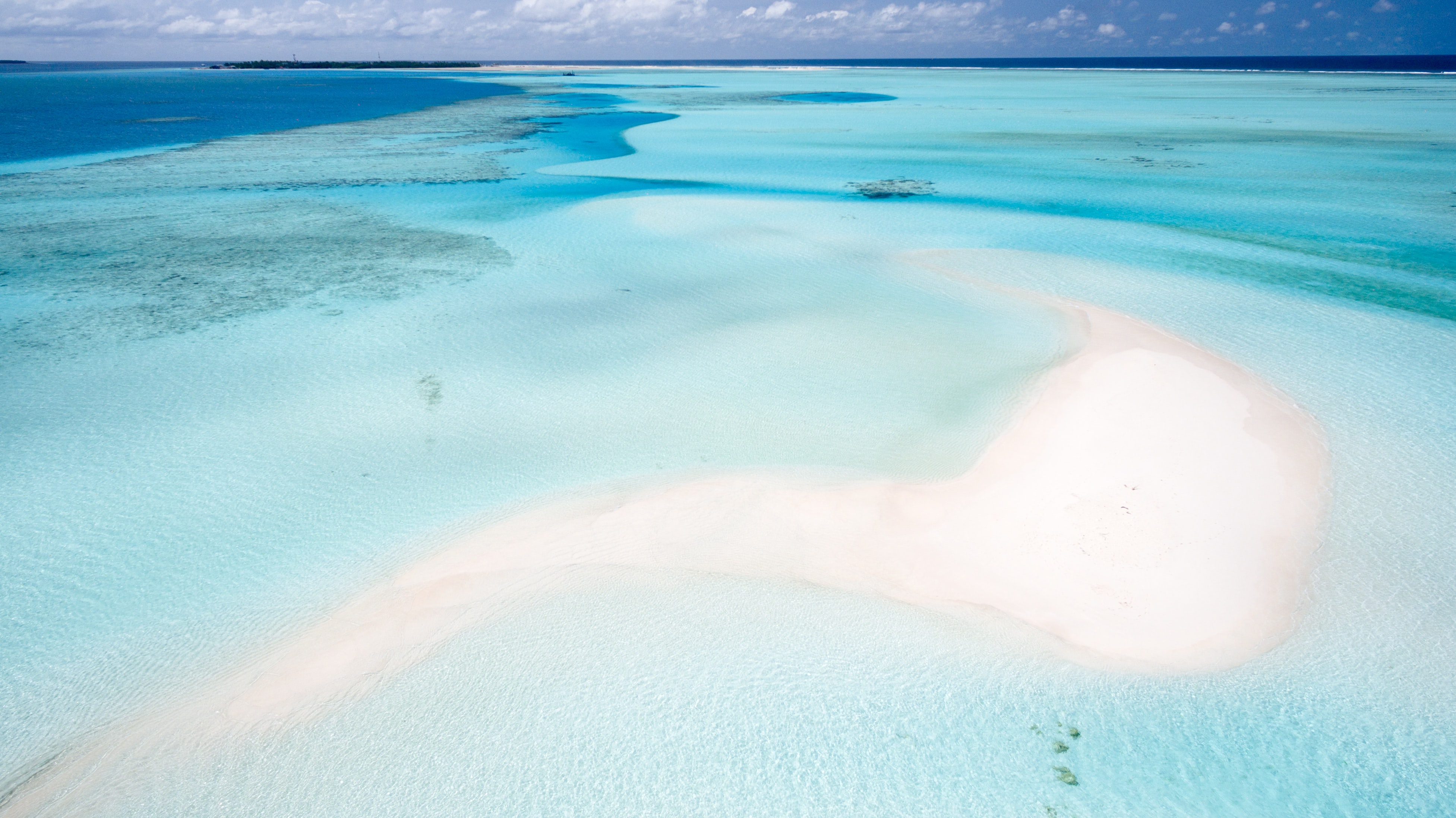About
Can the announcement of an impending no-take marine reserve trigger an unintended race-to-fish? While no-take marine reserves are designed to catalyze environmental improvements, the announcement of a marine reserve —which can precede its actual implementation and enforcement by a year or more—may inadvertently trigger adverse environmental effects. With the knowledge that they will soon lose access to their fishing grounds, fishers might increase their fishing activity inside the proposed marine reserve. Such preemptive behavior has the potential to undermine the anticipated benefits of the marine reserves by temporarily depleting populations below where they would have been without the announcement. As a result, it may be years or decades before the new marine reserve recovers back to its pre-announcement status.
We tested this theory, using the Phoenix Islands Protected Area (PIPA) in Kiribati as a case study.
